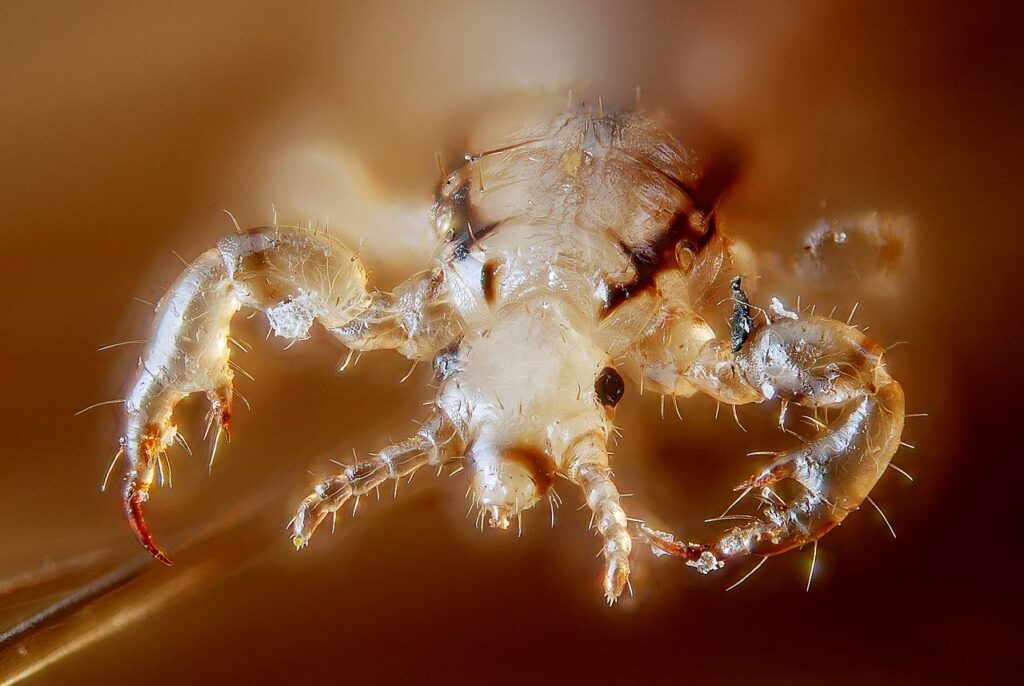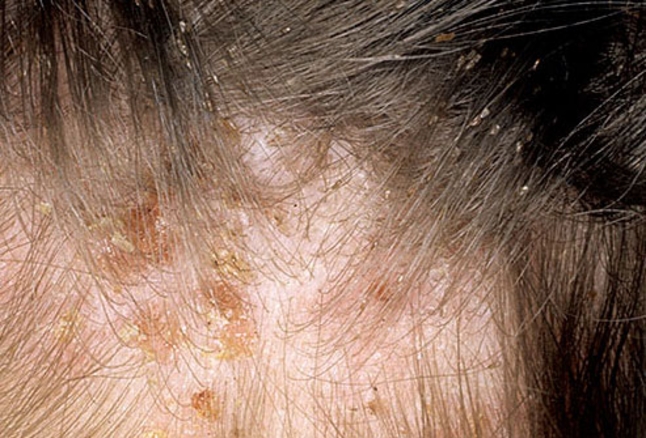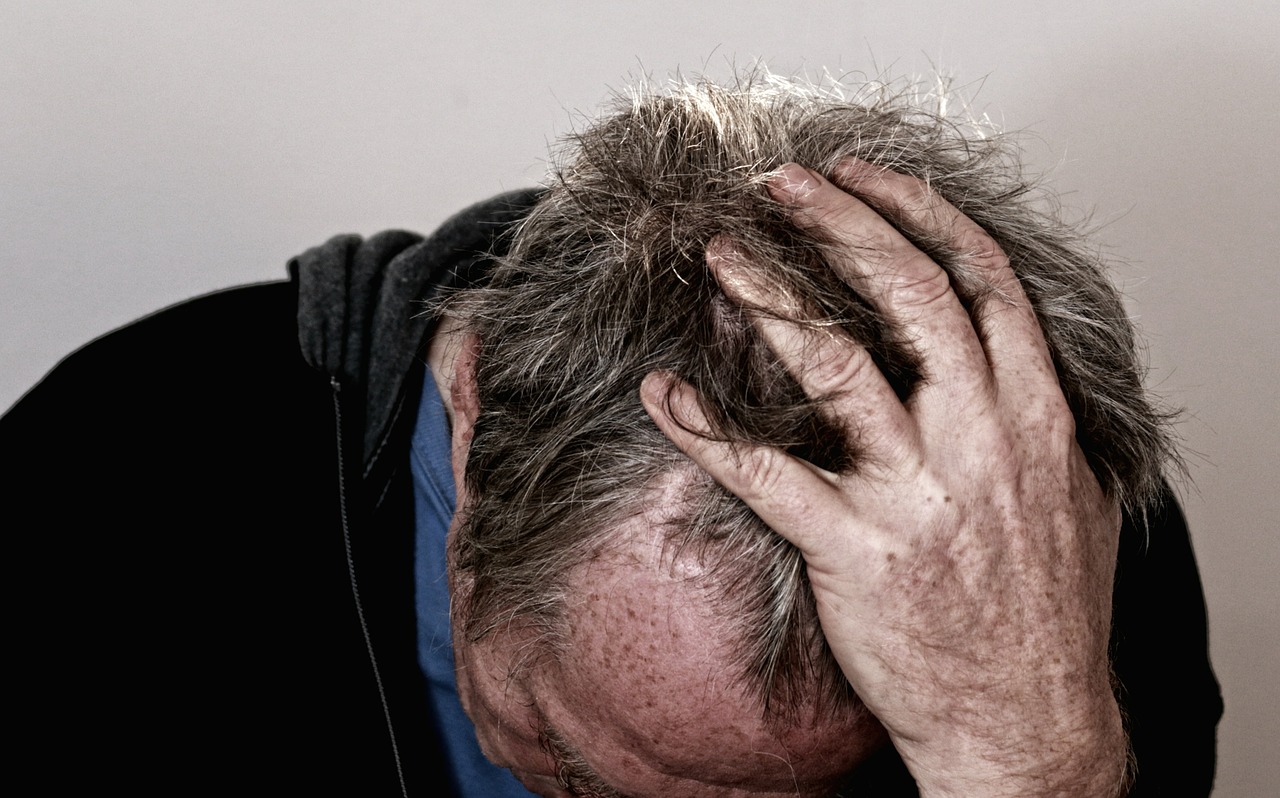Do you have phantom itching after lice — do you still experience itching even after your lice have been treated? This is very confusing as there are no ‘itching triggers’. But fear not, you are not alone in this… Phantom itching, also known as psychosomatic itching, is a recognised phenomenon and has been ever since the first lice landed on humans. Here’s everything you need to know about phantom itching after lice…
Phantom itching fast facts
- Psychosomatic itching is a psychological problem. Head lice can be very itchy. This is not just a physical problem. It can also be a psychological problem, as you develop anxiety, depression, and loss of sleep because of the itching. These problems can become even worse, eventually leading to paranoia. Phantom itching, or itching without triggers like lice, is a manifestation of paranoia. You have become so anxious with your lice and the itching associated with them that you start to feel the itching even when the lice have already been treated.
- There are psychological solutions to get rid of psychosomatic itching. Because phantom itching is a psychological problem, it’s only natural that it will require psychological solutions. The best approach is to consult a psychologist or a psychiatrist, depending on the severity of your case. But if you think the problem isn’t really severe and it’s more of just a nuisance, you can treat it yourself with mere self-awareness. Recognize that the problem is inside your head (psychological) and not on your head (lice.) This will calm you and help you ignore the itching when it occurs.
- Itching occurs because you may still have head lice. It’s also possible that you don’t even have phantom itching. You may still have head lice and you just didn’t know it, and the lice continue to make you itch. Head lice are truly resilient creatures, but many times, it’s actually our fault why they persist. Many people don’t use head lice treatment properly. It doesn’t matter if you are using prescription medications or over-the-counter solutions. If you don’t follow instructions, the treatments won’t be effective.

Why do you have itching in the first place?
- Head lice saliva is the main culprit. Head lice infestations are itchy, and this itching leads to psychological problems that develop into phantom itching. The root cause of all this is head lice saliva. Head lice bite you and feed on your blood to survive. While doing so, they inject saliva into your body. Your immune system treats the saliva as a foreign object and tries to get rid of it, giving you allergic reaction symptoms like itching. The intensity of the itching differs from person to person. Some people experience intense itching. And some don’t experience any itching at all because their immune systems are not sensitive to head lice saliva.
- Skin irritation can worsen itching. Itching is such an uncomfortable feeling. As such, you want to relieve yourself as soon as possible. A little scratching here and there may not be that harmful. But if you get a little carried away, you can irritate your scalp that will result in more itching. It’s counterproductive. Intense scratching can also lead to wounds and infections, giving you more complicated problems.
- Lice treatments can cause itching. There are two kinds of traditional head lice treatments — prescription medications and over-the-counter solutions. They have one thing in common — they have powerful ingredients that can cause drying and irritation, both of which can lead to more itching. They can also lead to eye problems and poisoning. However, they are still the best kinds of treatments. They are still better than, say, natural remedies like salt. Many of these natural remedies don’t even work.
How to treat phantom itching after lice
- Consult a professional. You can treat phantom itching yourself by becoming self-aware. You can also distract yourself to prevent yourself from scratching or entertaining the thought that you are itchy. But if you feel like the problem is already beyond you and it’s affecting other aspects of your life, consider consulting a psychologist. They will help you understand the condition better and develop treatment plans to deal with your behavioral, emotional, and mental state. You can also try consulting a psychiatrist, who will have a more medical approach. But it may be a little over the top because they deal more with complex conditions like schizophrenia and severe depression.
- Actually, get rid of head lice. Also, consider the possibility that you still have head lice. Try consulting with a doctor to effectively and safely treat the infestation. Consulting a medical professional may also help with your psychology because you are confident that the infestation will truly be eliminated. This confidence may help prevent the development of anxiety and the phantom itching that comes with it. If you don’t want to consult a doctor, try over-the-counter solutions, but make sure to follow instructions. There are also natural remedies that somehow work, such as coconut oil.
- Beware of other sources of itching. Head lice and head lice treatment side effects are not the only sources of itching. The itching can be totally unrelated to these bloodsuckers, such as dandruff. Dandruff are white and yellow flakes on the scalp. They fall off easily, unlike head lice that cling tightly to your hair. They are also not contagious. Be careful of products you use on your hair and scalp, especially shampoos. They can contain irritants that can cause drying and itching.

Phantom itching is treatable
Have you ever watched a movie with bugs and you have suddenly felt bugs crawling all over you? That’s basically phantom itching. It occurs because you are anxious. Even if the stimulus is not real, you can still physically feel it. Phantom itching can occur after you have treated head lice because you are still anxious about these pests that have caused you severe itching and sleepless nights.
The best way to treat it is to consult a psychologist. Also, make sure that the head lice are indeed eliminated from your head and that you are not using irritating products. These products may be causing the itching and not your anxiety.

